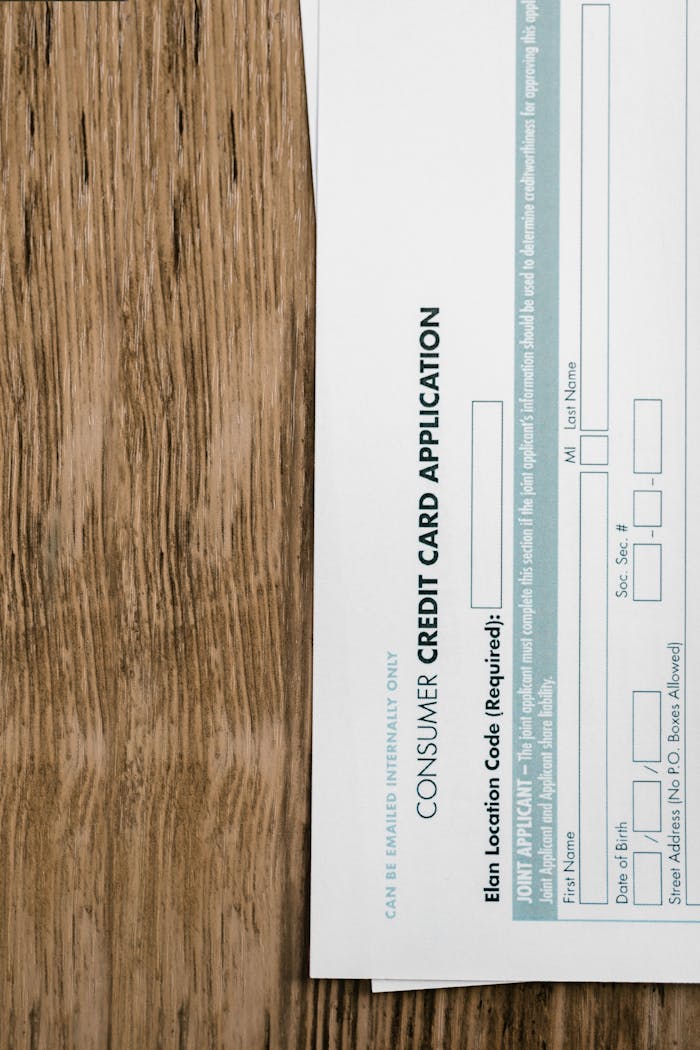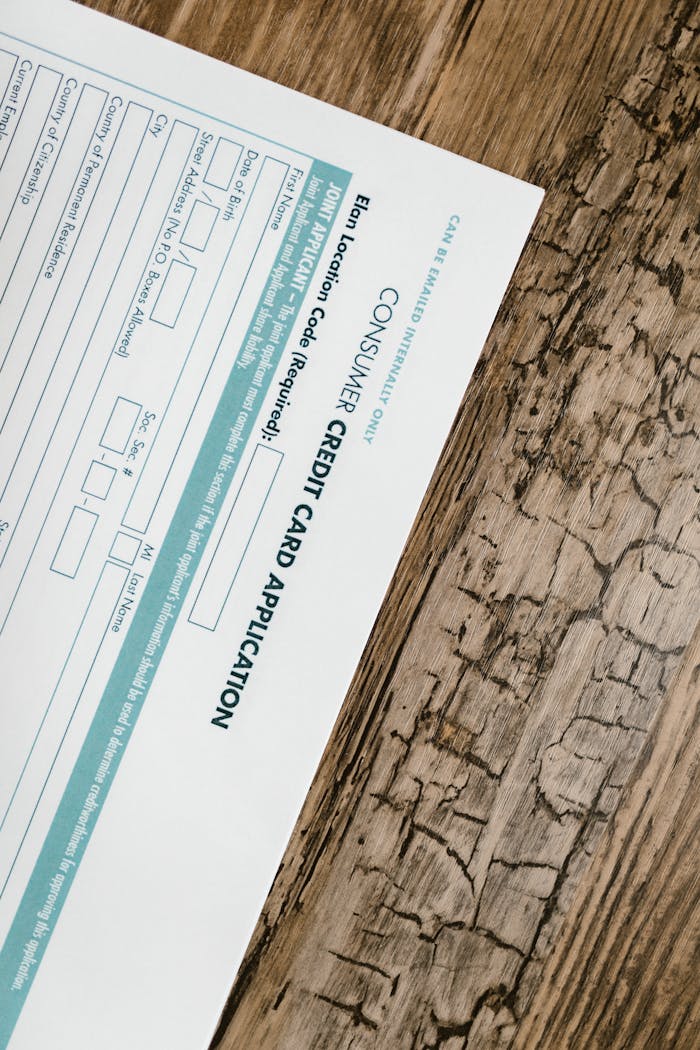Your credit score plays a critical role in the loans you’re eligible for and the interest rates you’ll be offered. A higher credit score means better loan terms, while a lower score can result in higher interest rates or even loan rejection. At DAVID FURNITURE LLC, we help clients understand their credit scores and improve them before applying for a loan. In this post, we’ll share practical tips to boost your credit score.
Why Your Credit Score Matters
Your credit score is a reflection of your creditworthiness. Lenders use it to assess the risk of lending to you. A higher score signals that you’re a reliable borrower, while a lower score indicates that you may be a riskier investment. Your score ranges from 300 to 850, with a score above 700 considered good.
Steps to Improve Your Credit Score
- Check Your Credit Report
Before you start improving your credit, it’s important to know where you stand. Request a free copy of your credit report from the major credit bureaus (Equifax, TransUnion, and Experian). Look for any errors or inaccuracies that could be hurting your score and dispute them with the credit bureau. - Pay Your Bills on Time
Late payments have a significant impact on your credit score. Set up automatic payments or reminders to ensure that you never miss a due date. Consistently paying bills on time is one of the most effective ways to improve your score. - Reduce Your Credit Card Balances
Credit utilization (the percentage of available credit you’re using) is a key factor in your credit score. Aim to keep your credit card balances below 30% of your credit limit. Paying down high balances will improve your credit score over time. - Avoid Opening New Credit Accounts
Opening new credit accounts can temporarily lower your credit score. Each time you apply for credit, the lender performs a hard inquiry on your credit report, which can slightly reduce your score. Avoid applying for new credit until your score improves. - Negotiate with Creditors
If you have accounts in collections or past-due balances, try negotiating with creditors to remove negative marks in exchange for payment. Some creditors may be willing to work with you, especially if you agree to settle the debt or pay it off in full.
How Long Does It Take to Improve Your Credit Score?
Improving your credit score doesn’t happen overnight. It can take several months to see a noticeable increase, depending on your credit history and the actions you take. The key is consistency—keep up with good habits and your score will improve over time.
At DAVID FURNITURE LLC, we understand how crucial your credit score is to securing the best loan terms. Our team can guide you through the process of improving your credit before applying for a loan, helping you achieve better financial outcomes.


